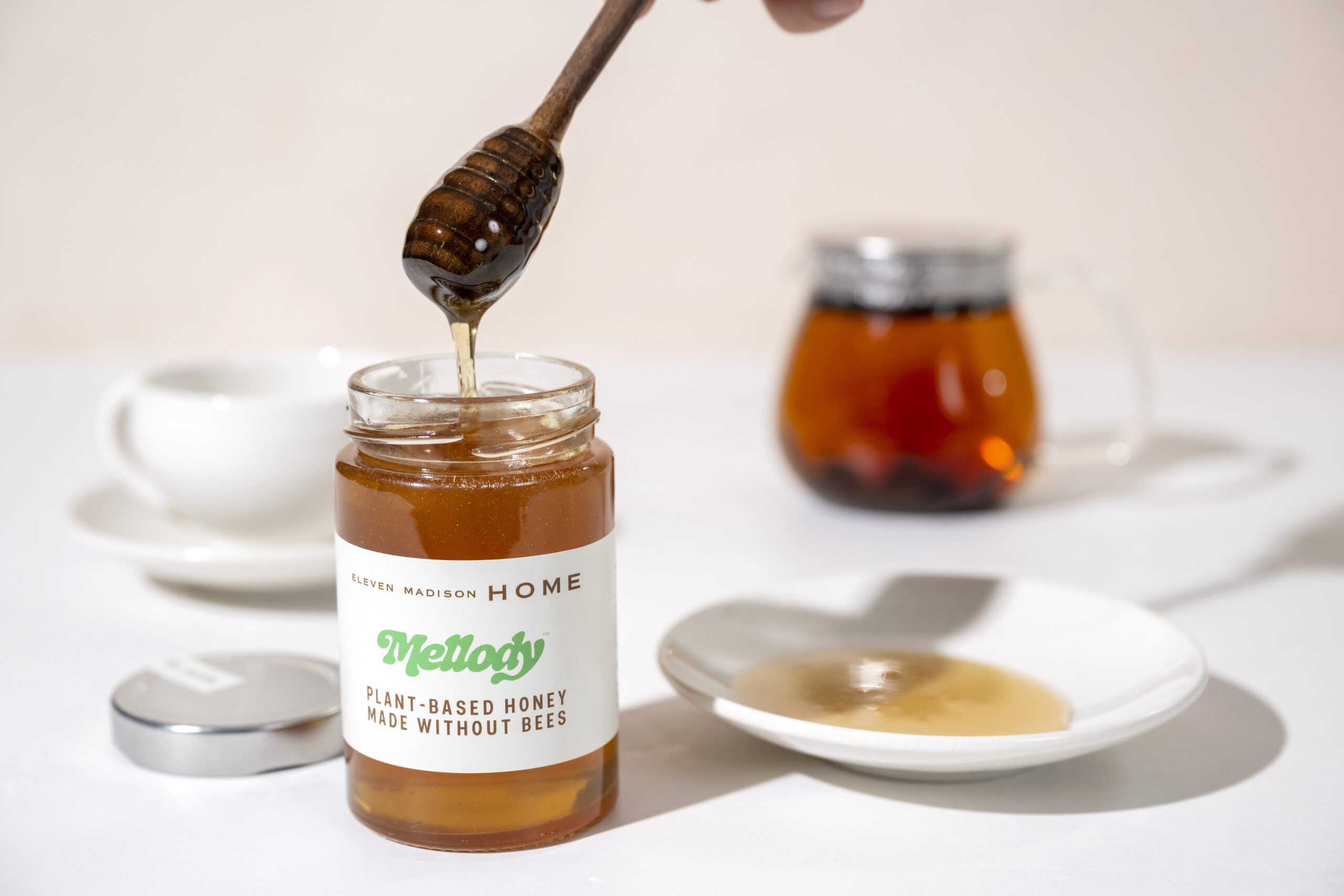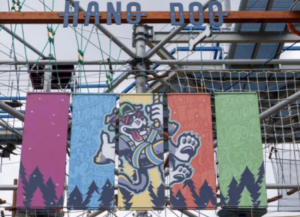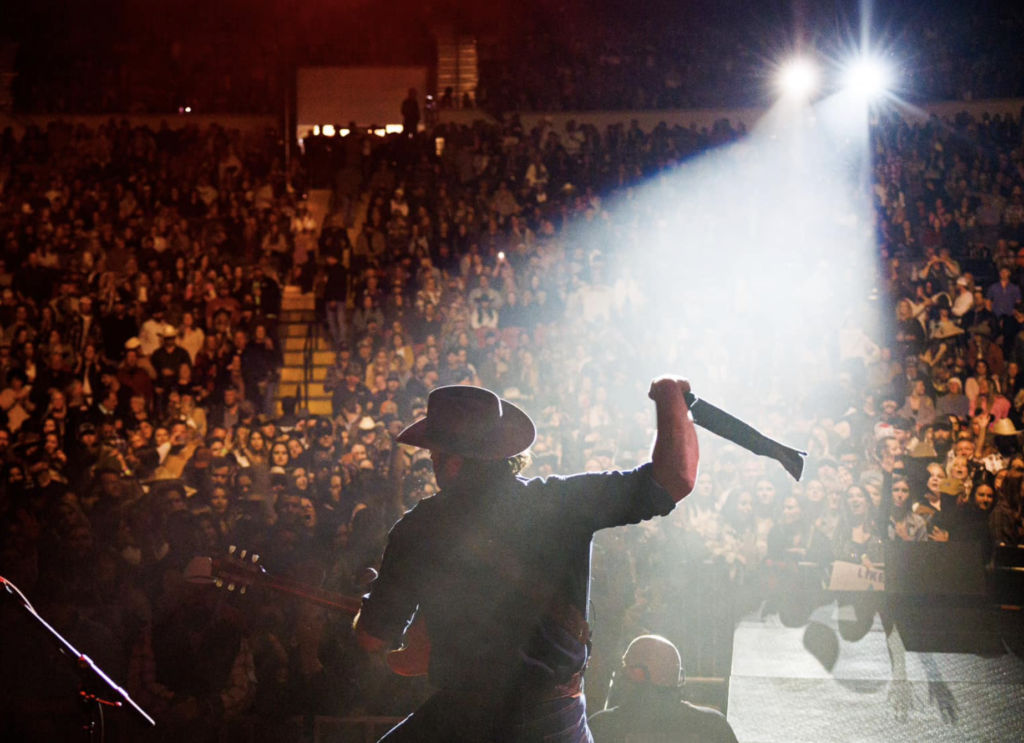Penn’s Peak announces Dark Star Orchestra – Celebrating the Grateful Dead Experience, Sunday, May 21, 2023 at 8pm.
Performing to critical acclaim for over 20 years and over 3000 shows, Dark Star Orchestra continues the Grateful Dead live concert experience. Their shows are built off the Dead’s extensive catalog and the talent of these seven fine musicians.
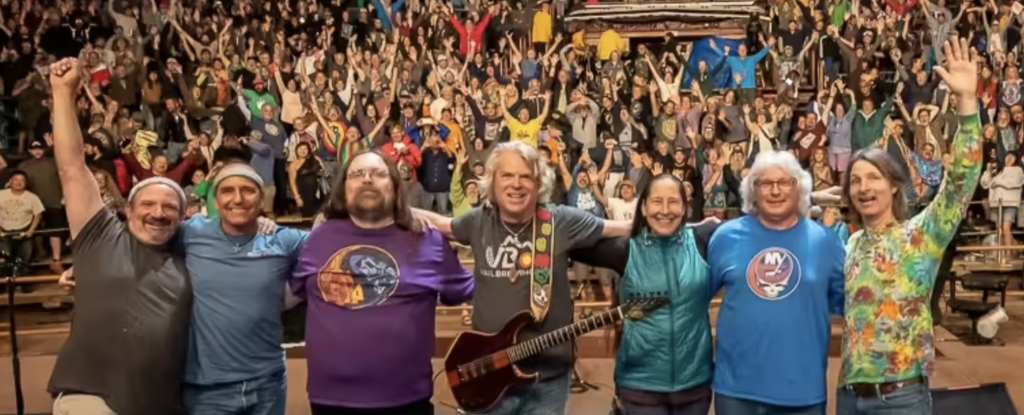
Dark Star Orchestra Celebrating the Grateful Dead Experience at Penn’s Peak May 21
On any given night, the band will perform a show based on a set list from the Grateful Dead’s 30 years of extensive touring or use their catalog to program a unique set list for the show. This allows fans both young and old to share in the experience. By recreating set lists from the past, and by developing their own sets of Dead songs, Dark Star Orchestra offers a continually evolving artistic outlet within this musical canon. Honoring both the band and the fans, Dark Star Orchestra’s members seek out the unique style and sound of each era while simultaneously offering their own informed improvisations.

Guitarist for Dark Star Orchestra
Dark Star Orchestra offers much more than the sound of the Grateful Dead, they truly encapsulate the energy and the experience. It’s about a sense of familiarity. It’s about a feeling that grabs listeners and takes over. It’s about that contagious energy…in short, it’s about the complete experience and consistent quality show that the fan receives when attending a Dark Star Orchestra show.

Dark Star Orchestra has performed throughout the entire United States, including a sold out debut at Colorado’s Red Rocks Park & Amphitheater, plus shows in Europe and the Caribbean with the band touching down in seven different countries. DSO continues to grow its fan base by playing at larger venues for two and even three-night stands, as well as performing at major music festivals including Bonnaroo, Milwaukee’s SummerFest, The Peach Music Festival, Jam Cruise, Wanee Festival, SweetWater 420 Festival, Mountain Jam, and many more.

In addition to appearing at some of the nation’s top festival, Dark Star Orchestra hosts its own annual music festival and campaign gathering, titled the “Dark Star Jubilee”, currently in its eighth year where DSO headline all three nights and are joined by a mix of established and up and coming national touring acts. Beyond the shores of the United States, DSO has taken its internationally-acclaimed Grateful Dead tribute to the beaches of Jamaica in the dead of winter for the past six years, with their event appropriately titled ‘Jam in the Sand’. Featuring an ocean-side stage, DSO sets up camp to perform shows for four nights along the tropical sands of an all-inclusive resort, selling out the event each year for hundreds of lucky attendees.
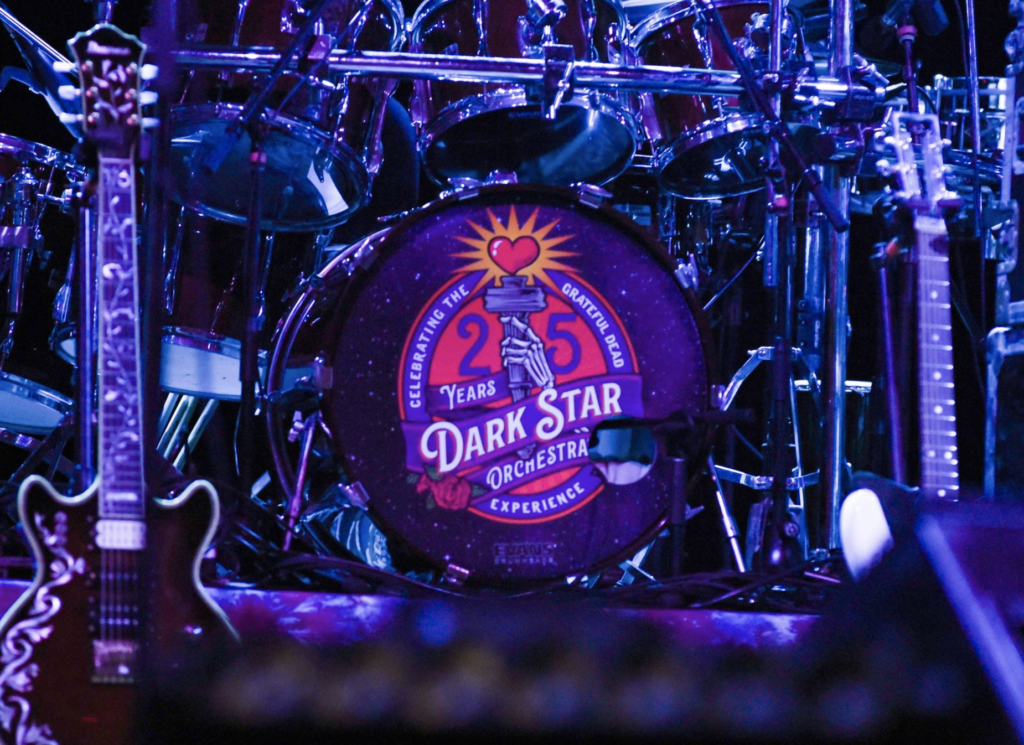
Dark Star Orchestra Celebrating the Grateful Dead Experience at Penn’s Peak May 21
Fans and critics haven’t been the only people caught up in the spirit of a Dark Star show. The band has featured guest performances from six original Grateful Dead members Phil Lesh, Bob Weir, Bill Kreutzmann, Donna Jean Godchaux-MacKay, Vince Welnick, Tom Constanten and even toured with longtime Dead soundman, Dan Healy. Other notable guests have included Mike Gordon and Jon Fishman of Phish, Keller Williams, Warren Haynes, Steve Kimock, Peter Rowan, Ramblin’ Jack Elliot and many more.
“For us it’s a chance to recreate some of the magic that was created for us over the years,” keyboardist and vocalist Rob Barraco explains. “We offer a sort of a historical perspective at what it might have been like to go to a show in 1985, 1978 or whenever. Even for Deadheads who can say they’ve been to a hundred shows in the 90s, we offer something they never got to see live.”
Tickets on sale Friday, March 17th at 10:00AM at all Ticketmaster outlets, the Penn’s Peak Box Office and Roadies Restaurant and Bar. Penn’s Peak Box Office and Roadies Restaurant ticket sales are walk-up only, no phone orders.
General Admission with Reserved Rail Seating
Advance: $33.00
Day of Show: $38.00
Reserved Rail Seating: $40.00
About Penn’s Peak
Penn’s Peak, a beautiful mountaintop entertainment venue located in Jim Thorpe, Pennsylvania, can comfortably host 1,800 concertgoers. Enjoy a spacious dance floor, lofty ceilings, concert bar/concession area and a full service restaurant and bar aptly named Roadie’s.
Complete with a broad open-air deck for summertime revelry, Penn’s Peak patrons enjoy a breathtaking overlook of nearby Beltzville Lake, plus a commanding, picturesque 50-mile panoramic view of northeastern Pennsylvania’s Appalachian Mountains. Choose Penn’s Peak for your next wedding, banquet or special event and treat your guests to an event truly “Above the Rest”.
Geographically convenient to residents of major population zones in Hazleton, Scranton, Wilkes-Barre, Stroudsburg, the Lehigh Valley, Philadelphia and New York City, Penn’s Peak is an ideal location for any event. It is located only four miles from Exit 74 of the northeast extension of the Pennsylvania Turnpike.
For more information on Penn’s Peak, go to www.pennspeak.com or call 866-605-7325.













